

Max Davies
5 Days Ago
Mazda doesn't expect to top the sales charts with its new range of more premium SUVs, none of which are projected to sell as well as the old CX-9.

Marketplace Journalist
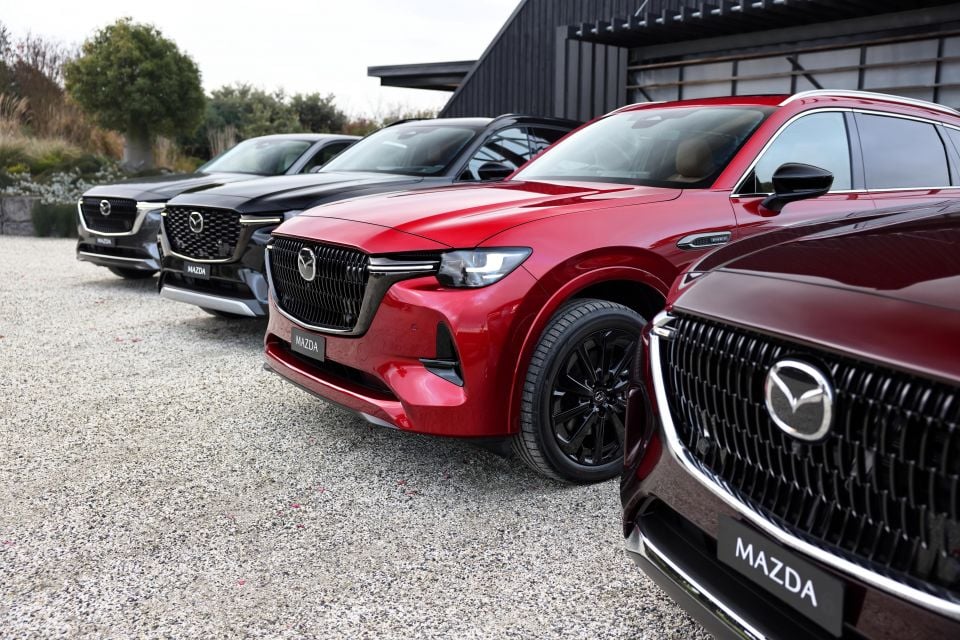

Marketplace Journalist
Mazda has outlined monthly sales targets for its CX-60,CX-70,CX-80,andCX-90 SUVs in Australia, and they’re conservative compared to some rivals… not to mention the old CX-9.
The Japanese brand expects to sell a total of 1400 of these SUVs per month, or 16,800 a year. All four ride on Mazda’s new Large Architecture.
Of the four-strong range, Mazda expects the CX-80 will be the top-seller with 650 sales per month. That translates to 7800 sales per year, which is considerably down on the benchmarks set by its segment rivals.
The CX-80 sits in the Large SUV under $80,000 category on the Australian VFACTS sales charts. At the end of 2023, that segment was dominated by the Toyota LandCruiser Prado on 20,710 sales for the year.
Setting aside body-on-frame off-roaders like the Prado and Ford Everest, the best-selling SUVs in this segment last year were the Subaru Outback (12,903 sales) and Toyota Kluger (10,430 sales).
100s of new car deals are available through CarExpert right now. Get the experts on your side and score a great deal. Browse now.
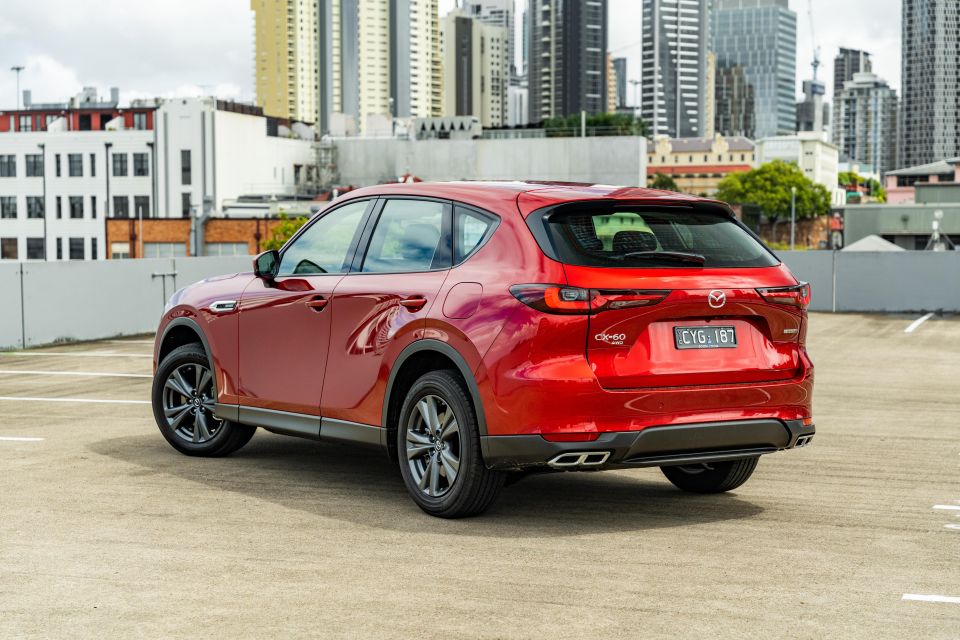
The CX-60 – effectively a shorter, two-row counterpart to the CX-80 – was the first of the Large Architecture SUVs in Australia, launching here in mid-2023.
Though Mazda has outlined a target of 550 CX-60 sales per month, it managed just 265 sales in October 2024 – down significantly on its monthly sales peak of 628 in July 2023.
Based on the 550-unit monthly projection, Mazda Australia expects an annual figure of 6600 – so far in 2024, 3454 examples have been sold.
The CX-60 is the only car of the four to be classed as a medium SUV, and in its segment it was outsold by the Lexus NX (563), Mercedes-Benz GLC-Class (414), and Porsche Macan (337) in October this year, with the Audi Q5 hot on its heels with 253 sales.

Making up the remainder of the Large Architecture range are the CX-70 and CX-90, which are the same size as each other but differ in seating capacity.
Mazda labels them as its flagship two-row SUV and flagship three-row SUV models, respectively, and their monthly sales figures reflect their more premium bent.
The brand expects to sell just 60 CX-70s per month, totalling 720 annually. It sits in the densely populated Large SUVs over $80,000 VFACTS category, which was dominated last year by the Land Rover Defender (3846) and BMW X5 (3682).
Mazda meanwhile expects to shift 100 CX-90s per month, or 1200 per year. It sits in the same segment as the CX-70, and this target would see it match the 2023 tallies of the Volvo XC90 (1299) and Jeep Grand Cherokee (1247).
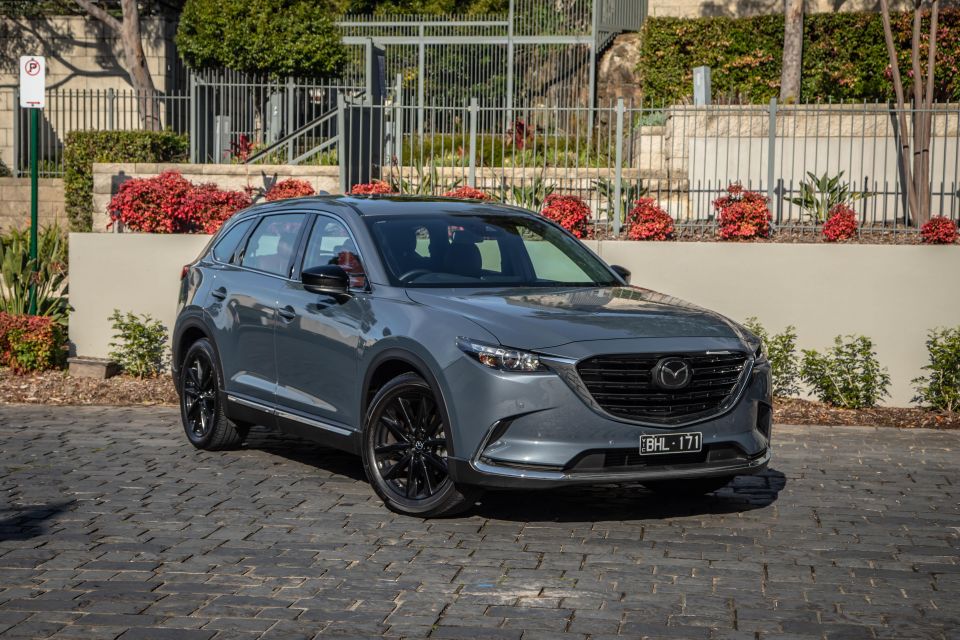
The new large SUVs are launching in Australia as indirect replacements for the CX-8 and CX-9, which were both discontinued in 2023.
Mazda’s target of 7800 annual CX-80 sales is much higher than the CX-8’s 2021 peak of 6119, but the CX-90’s 1200-unit target is down on the CX-9’s 2017 peak of 9012 – and even its 6460 figure in its last full year on sale in 2022.
The CX-90’s lower target is likely a result of its much higher price point – the 2023 Mazda CX-9 had a price range of $47,600 to $74,400 before on-roads, while the CX-90 currently costs between $74,400 and $94,435 before on-roads.
MORE: Mazda not worried about being overtaken by Ford MORE: Everything Mazda
Take advantage of Australia's BIGGEST new car website to find a great deal on a Mazda.
Max Davies is an automotive journalist based in Melbourne, Australia. Max studied journalism at La Trobe University and stepped into the automotive world after graduating in late 2023. He grew up in regional Victoria, and with a passion for everything motorsport is a fan of Fernando Alonso.


Max Davies
5 Days Ago
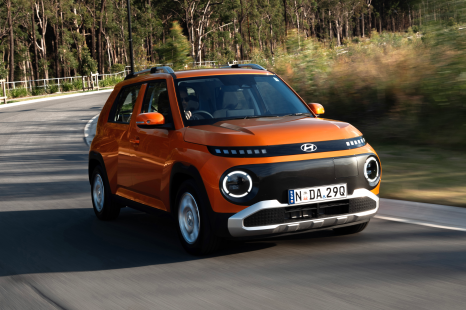

Josh Nevett
5 Days Ago
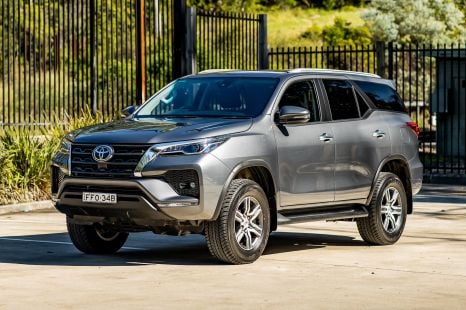

Matt Campbell
4 Days Ago


Angus MacKenzie
3 Days Ago
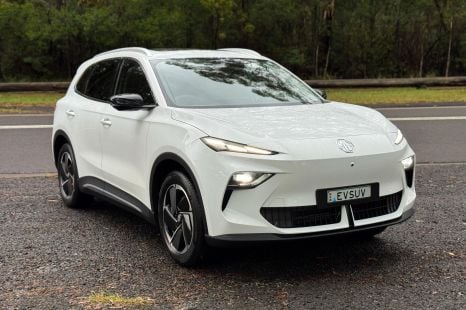

Matt Campbell
2 Days Ago
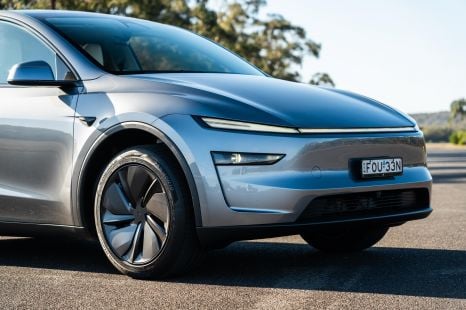

William Stopford
14 Hours Ago